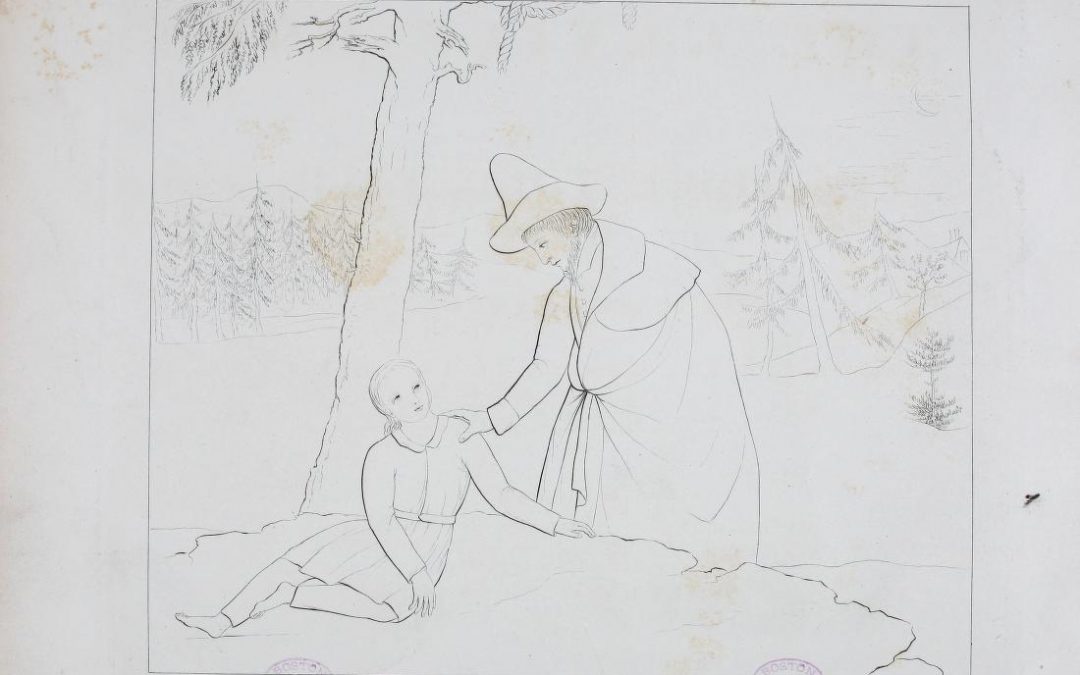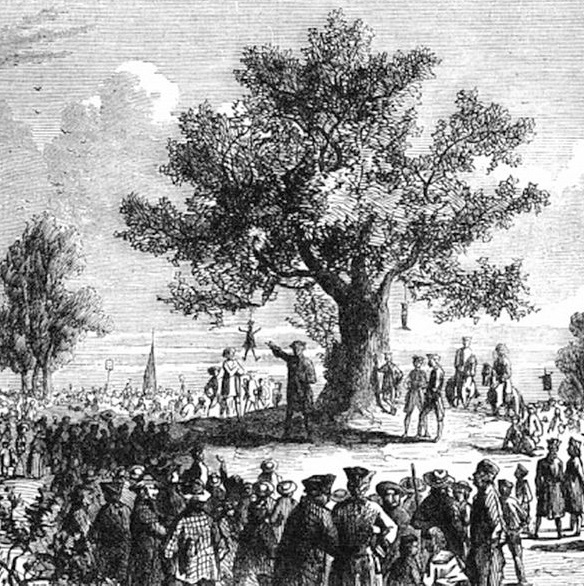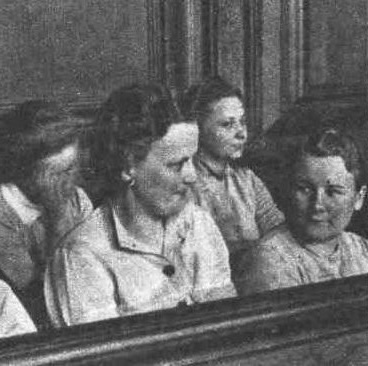
Book review: “The Gentle Boy”
A different side of Hawthorne…
Book review:
“The Gentle Boy”
An 1832 short story by Nathaniel Hawthorne (1804-1864)
You may be surprised when I mention that Hawthorne wrote 72 short stories during his productive writing career that spanned nearly 40 years in the middle of the 19th century.
You may easily think of The Scarlet Letter and The House of the Seven Gables, but “The Gentle Boy”? Maybe not so much.
I was intrigued by a casual reference to this story on Goodreads, a go-to website for readers and authors.
“The Gentle Boy” isn’t exactly a light read. Hawthorne spares no details in flogging our 17th century Puritan forebears for their strident and militant prosecution of Catholics and Quakers, in fact, all non-Puritans.
Seems those Puritan folks had a rather narrow interpretation of the “right” of religious liberty and tolerance…
The story is, nevertheless, a tasteful and compelling anecdote about a delicate Quaker youngster whose father is hanged and whose mother is driven into the wilderness by Puritan ideologues who don’t care one whit about the young Ibrahim’s prospects for survival alone. Tobias and Dorothy Pearson, stoutly devoted Puritans who have lost their own children, compassionately rescue the boy from his destitute vigil at his father’s grave, and take him in.
In dramatic episodes, the lad’s mother, Catharine, rediscovers him, commends him to the Pearsons’ care, and returns to his premature deathbed to give a loving mother’s final comforts.
“The Gentle Boy” is, in part, a beautiful story, told in lavish 19th century prose.
The history lesson is secondary, blunt, and unforgiving.
* * * * *
Read it again!
Can you ever say “No”?…(new poem)
Book review. Copyright © Richard Carl Subber 2017 All rights reserved.
–
Seeing far: Selected poems with 47 free verse and haiku poems,
and the rest of my poetry books are for sale on Amazon (paperback and Kindle)
and free in Kindle Unlimited, search Amazon for “Richard Carl Subber”
* * * * * *




